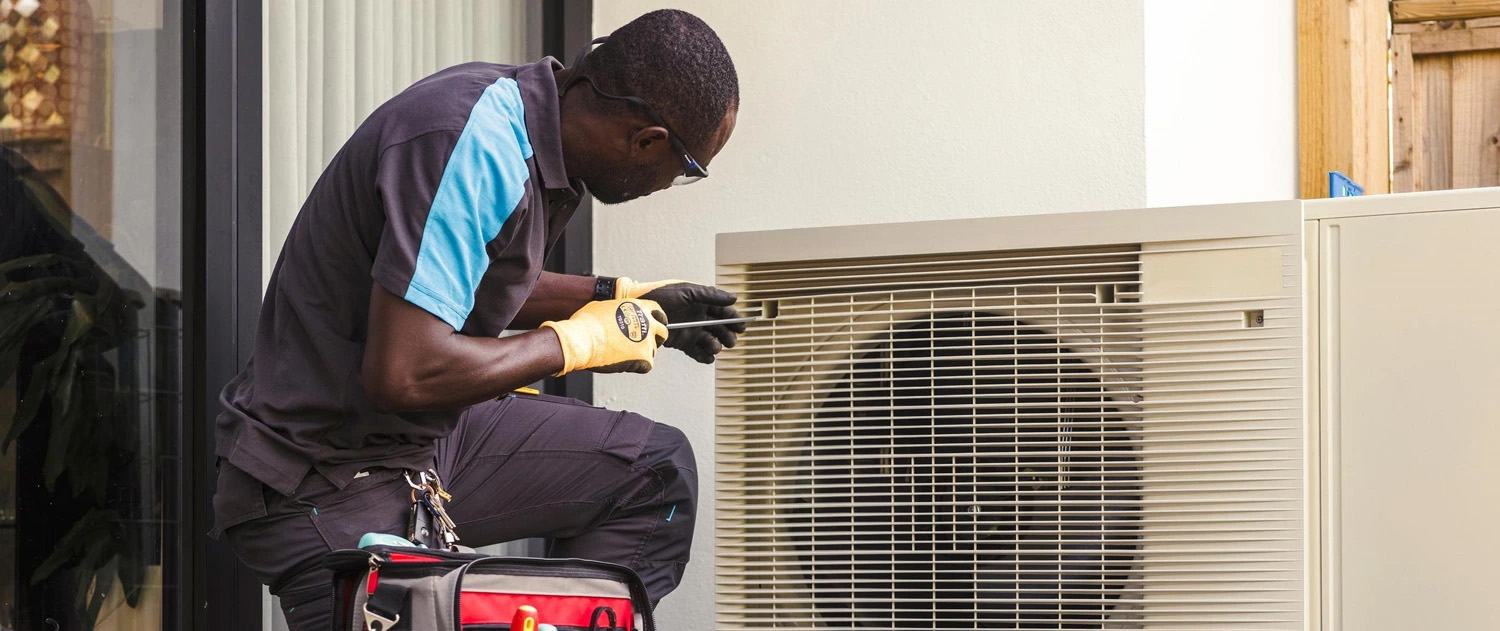Overview
We’re working hand in hand with our customers to help them decarbonise their energy. The next few decades require unprecedented changes in how we all use energy – from how we heat our homes, to how we drive our cars
Around 27% of UK emissions are generated by households, so there is a real challenge to help people make their homes more sustainable. We don’t believe there is a single answer to deal with this challenge – we will need a mix of different technologies and solutions to decarbonise the UK’s homes. These will include a transition to low carbon heating, as well as improved insulation and energy efficiency measures.
We’re helping customers navigate this changing energy landscape by putting them at the heart of the energy transition. We want net zero to be something we do with our customers, not to them and we are also using insight and technology to help our customers change their relationship with their energy and drive decarbonisation.
Net zero also requires a fundamental shift in training and skills and we are excited to be upskilling the net zero engineers of the future. We’re proud to have the biggest unionised workforce across energy and services in the UK and we’ll continue to work closely with our Unions during the transition.

Policy asks
Low carbon homes
Replace and streamline existing low carbon heating support schemes from 2028 into one accessible scheme, with a wider reach. Current schemes can be quite restrictive and complex.
By moving policy costs into general taxation, which are currently paid for by electricity bill payers, the system will encourage adoption of new technologies and will be less regressive than other options.
Reform planning rules across the UK to remove barriers for heat pumps.
Simplify the net zero journey by reforming EPCs to ensure low carbon heating measures are recommended.
Low carbon heating schemes should be included in the Growth and Skills Levy. Skills England should focus on ensuring that this happens.
Smart Meter Rollout
Working with industry, consumer groups and Smart Energy GB, the Government should revise the overall policy framework and rollout model to find new ways to try to encourage consumers to adopt smart meters.
Grid Connections
We support the Government’s commitment to improving grid connections and would like to see delivery of the Connections Action Plan commitments to raise entry requirements, remove stalled projects, and better allocate network capacity. This will be achieved by moving away from first-come-first-served to prioritising readier-to-connect projects that are aligned with Government’s Clean Power 2030 Action Plan and through the use of financial tests and incentives to avoid capacity hoarding.
Secure
Improving Energy Security

Affordable
Making a Simpler, Fairer Retail Market

